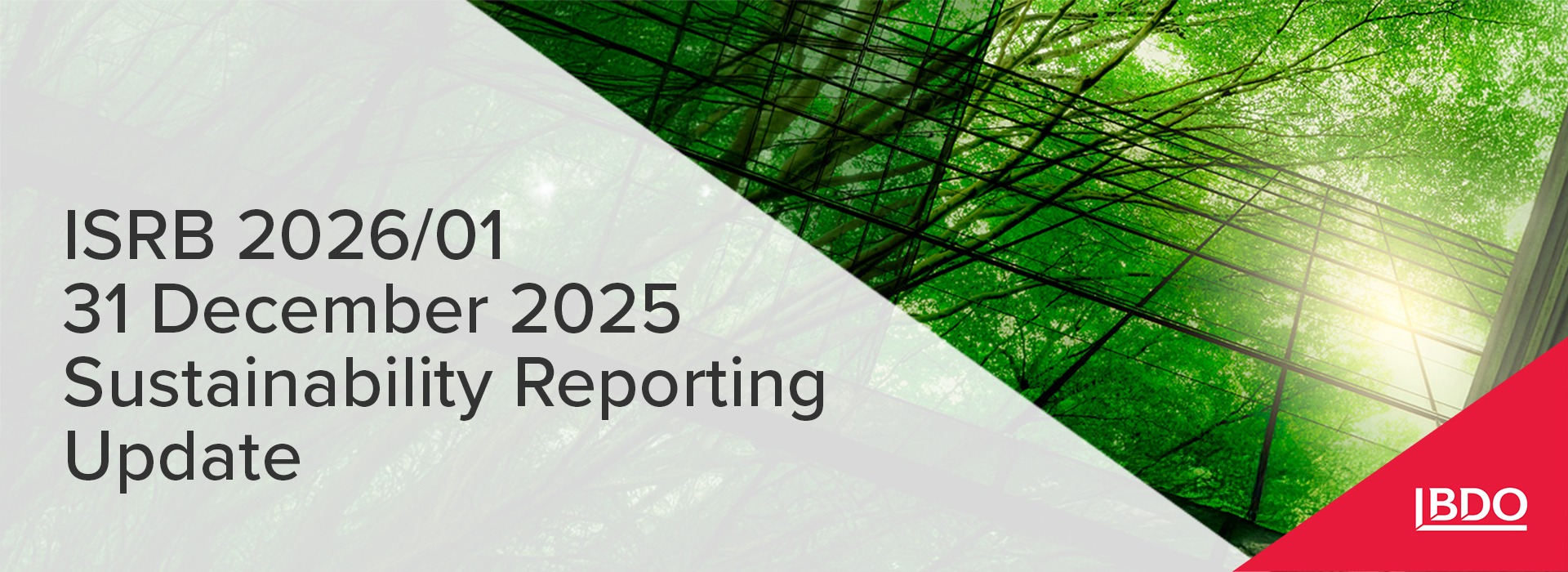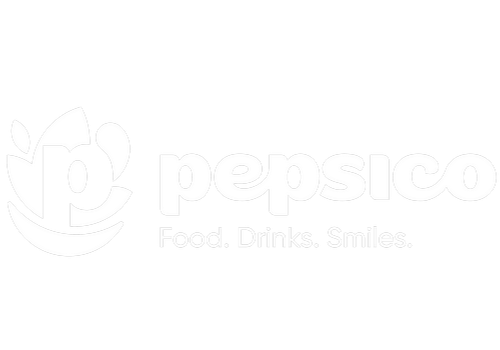On 30 August 2024, Ukraine introduced its first comprehensive regulation governing the collection, storage, and use of human biospecimens for research and development purposes. The regulation, approved under Cabinet of Ministers’ Resolution No. 999, outlines the legal and ethical framework for biobanking activities involving biomedical research, while safeguarding donor rights and data privacy. The regulation is a significant development in supporting Ukraine’s advancement in health sciences and biotechnology.
Key Provisions
The key provisions of the regulation include the following:
Scope:
The regulation covers the collection and storage of human biospecimens (e.g. tissues, organs, fluids, cells, etc.) used exclusively for research purposes, such as scientific and medical research projects focused on the development of healthcare solutions.
Exclusions: The regulation does not apply to medical care, including human tissue transplantation, blood and blood component donation, and related activities. It also excludes the operation of umbilical cord blood stem cell banks, the implantation and production of bio-implants and xenotransplants, clinical trials of medicinal products, and the use of assisted reproductive technologies (ART). These areas remain regulated by separate laws and guidelines specific to clinical applications and treatments, ensuring clear differentiation between research-focused and clinical-use regulations.
Key Definitions:
- Biobank: A legal entity responsible for biobanking activities, exclusively limited to the following types of economic activity – experimental development in the field of biotechnology, health care, higher education, data processing, including the provision of data entry services.
- Biobanking: An activity aimed at collecting, storing and using biospecimens and related data for research purposes.
- Biospecimens: Any human biological materials collected for research and not intended for direct clinical use.
- Donor: An individual who consents to providing biospecimens, either personally or through legal representation (when the donor has limited legal capacity).
- Biobanking Project: The process of prospectively and/or retrospectively collecting biospecimens and associated data for use in biomedical research.
- Investigator: A person or entity (resident or non-resident) coordinating and conducting biomedical research involving biospecimens, usually under contract with a sponsor.
- Sponsor of Biomedical Research: A legal entity or individual (resident or non-resident) initiating, organising, funding, and conducting biomedical research, or concluding contracts with researchers to coordinate and conduct such research.
- Prospective Collection: The collection of biospecimens and related data at the time of or after a medical intervention, based on informed consent.
- Retrospective Collection: The collection of stored biospecimens and related data (e.g. leftover materials from diagnostic procedures), often anonymised and authorised by an ethical committee waiver of consent.
Ethical Oversight:
- Ethical Committees: Independent bodies established within health care and research institutions to oversee biobanking projects. They ensure compliance with ethical standards and protect donors’ rights.
- These committees have the authority to approve or reject projects and provide waivers for obtaining informed consent under specific conditions.
Informed Consent:
- Donors must provide informed consent before their biospecimens can be collected, stored, and used in research.
- Special provisions exist for individuals with limited legal capacity, requiring consent from legal representatives.
- Consent can be specific (for a defined project) or broad/universal (covering any future research).
- Consent Waivers: The ethical committee may waive the requirement for consent in specific cases, such as retrospective collection of biospecimens (i.e. if anonymised biospecimens are used for research purposes) or where the donor cannot be contacted or is deceased.
Data Protection:
- Personal and medical data related to biospecimens must be protected according to Ukrainian data protection laws.
- Biobanks are required to implement strict security measures to prevent unauthorised access to donor information and ensure confidentiality, in accordance with Ukrainian data protection laws. Currently, Ukrainian regulations on personal data protection is not fully compliant with the EU’s General Data Protection Regulation (GDPR). A new law, however, is currently being considered, which would bring data protection principles closer in line to the GDPR.
Biobank Operations:
- Biobanks must establish clear internal policies for data protection, ethical compliance, and safety.
- Agreements between biobanks and institutions providing biospecimens are mandatory unless the biobank is an internal division of the institution.
Withdrawal of Consent:
- Donors or their legal representatives can withdraw consent at any time, after which their biospecimens must be destroyed, unless anonymised samples are already in use for research.
Ethical Committee Authority:
- The ethical committee can authorise retrospective use of biospecimens without the consent of the donor or legal representative if the collection took place prior to the enforcement of this regulation or if the donor cannot be contacted.
Implications for R&D
This regulation enables Ukraine to develop its biobanking infrastructure, aligning it with global standards for biomedical research. It provides a legal pathway for the ethical use of biospecimens in advancing health care innovation while protecting the rights and interests of donors. Researchers and organisations engaged in biobanking, and related R&D activities should ensure compliance with these new standards to avoid legal and ethical risks.



























